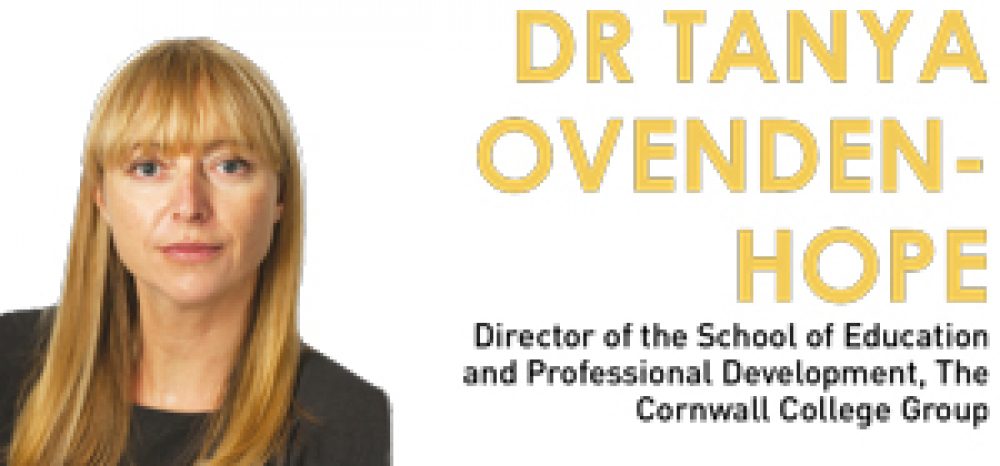Becoming an academy can help to raise school performance, but it’s more difficult if you’re on the coast
Location really makes a difference to learners’ outcomes. I know: I have spent most of my 25 years in education as a teacher, senior leader, teacher educator and researcher in coastal regions.
Only recently has there been an increase in government and media concern about the achievement of students in these areas.
For years there’s been a myth that they all live beside the seaside, where the sun is out and the surf is good and the houses are in nice surroundings. The reality is that many students may never have visited the sea (with or without a beach) and that their lives are touched by poverty, brought on by the loss of tourism and marine industry.
In 2010 I was asked to be a governor for a school about to become an academy. It had been under-performing for several years, had a poor local reputation and was in a socio-economically deprived coastal region.
Academies were introduced to play a key part in the social and economic regeneration of deprived regions by helping to break the cycle of under-attainment and poor school performance. This seemed completely appropriate for disadvantaged coastal regions and the school that I joined as a governor.
Supporters were quick to advocate independence from local authorities as strength: the governing body could pursue innovative school policies and the academy sponsor could offer experience and resources.
In opposition, it was argued that academies brought “back-door privatisation” and social segregation. Tales of over-expansion by multi-academy trusts (MATs) and money given to businesses linked with academy directors has done nothing to quieten these objections.
Most parents believed that school “wouldn’t change anything” for their children’s employment prospects
I decided that I needed to know more, and developed a study of this “coastal academy”, a term to signify the difference locality makes to the school. The “Class of 2010” project investigated how converting to academy status would impact on the learners’ outcomes over time and is due to finish in 2017 when the academy’s first year group leaves at 18.
It is in an early stage but preliminary findings suggest that transformational leadership can engage staff, improve behaviour and raise student aspirations.
My colleague, Dr Rowena Passy, and I also studied six other “coastal academies”, in different regions around England, to see how they changed school culture in a bid to tackle underperformance.
The results suggest each school responded in different ways to the challenges of their environment. All six demonstrated some improvement after conversion, with commonalities in their journeys. They all had new principals or executive principals; they made it a priority to raise student attainment, initially by improving behaviour and encouraging higher aspirations, followed by a focus on teaching and learning; they used an entrepreneurial leadership style to create a shared vision with clear targets and accountability; they all invested in staff CPD.
Each also faced challenges as a consequence of their location. All six struggled to engage parents, with teachers suggesting this was because most had attended the predecessor school and believed that their child would experience the same poor education. Parents were also reported to be predominantly in low-paid employment or unemployed, believing school “wouldn’t change anything” for their children’s employment prospects.
All were affected by long-standing negative reputations, and so several had built new school premises hoping that this would change perceptions.
All also suffered poor staff recruitment. This was reportedly due to few job opportunities for spouses, poor social and recreational facilities, and high housing costs inflated by second homeowners.
It therefore seems that the coastal location presents historical, social, economic and cultural issues that schools struggle with, even when using inclusive leadership, sponsor expertise, “growing their own” staff and inviting parents to become part of the school community.
Becoming an academy does bring autonomy that can be used to raise school performance, but being on the coast appears to bring further disadvantages that make the task more difficult.
Dr Tanya Ovenden-Hope is Director of the School of Education and Professional Development, The Cornwall College Group







Your thoughts